Recently, the Chinese General Administration of Sport held a meeting to focus on cracking down on the "fan culture" phenomenon in the sports world. Many athletes and coaches have taken the lead in responding to the call, dissolving their fan groups.
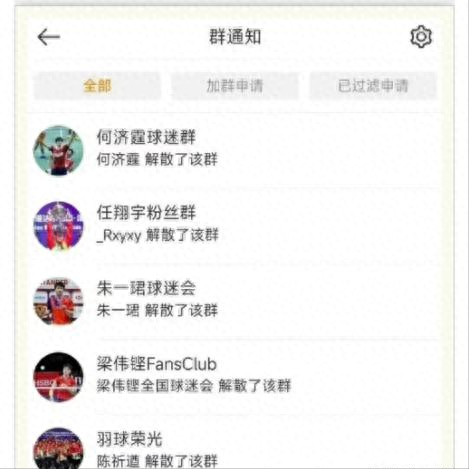
Although national team athletes have achieved their results through hard work and competition, without deliberately creating so-called "star athletes," several "top streamers" have emerged over time. For example, Sun Yingsha and Wang Chuqin from the national table tennis team, as well as Pan Zhanle, Liang Weikang, and Wang Chang who broke through at the Paris Olympics.
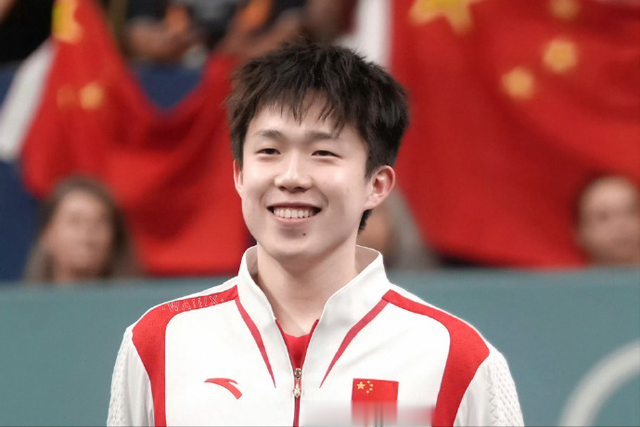
The sports world's resistance to fan culture has received much acclaim from passersby but has also drawn some dissatisfaction from fans of certain athletes.
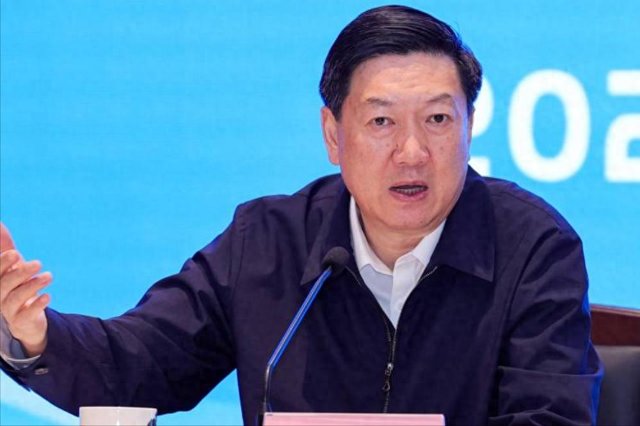
On January 14, 2015, the General Administration of Sport convened a meeting in Beijing based on the current "fan culture" and systemic ideological issues in the sports world. The main content of the meeting was to resist the "star athlete" phenomenon and focus on rectifying and striking against behaviors that "fan culture" the sports world, avoiding the distorted growth of sports enthusiasts.
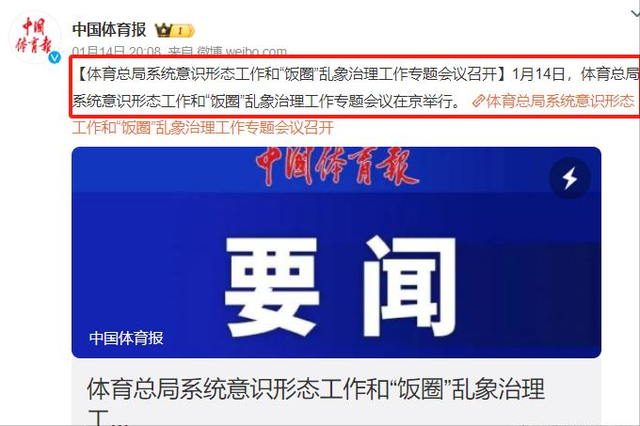
In recent years, the "fan circle" phenomenon has been severe, with fan groups fervently pursuing star idols. This has led to big-name actors in the entertainment industry not relying on works but instead gaining exposure by hyping personas and CPs, even giving birth to "variety show stars."
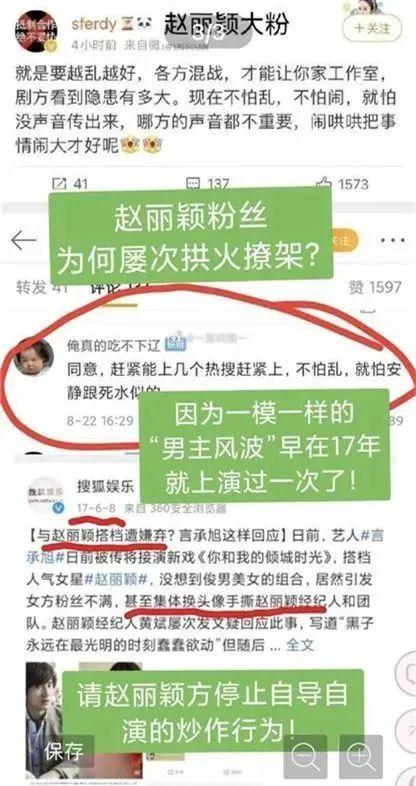
The most serious impact of the "fan circle" phenomenon is on those fan groups. They do not pay attention to an actor's work or a singer's songs; they only focus on the star themselves, losing the original meaning of fan groups, making "star," "traffic," and "idol" once become derogatory terms.
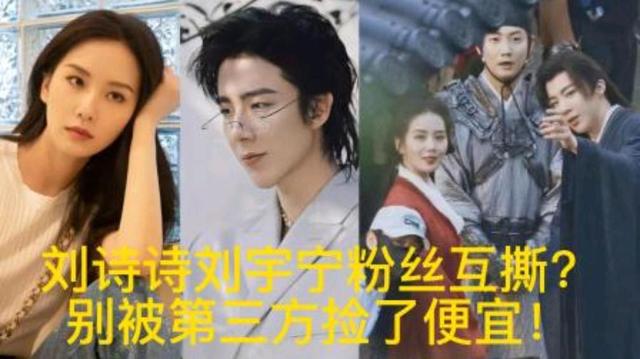
In recent years, whenever the public mentions "traffic stars" or "idol love beans," the first impression is someone with a good-looking face but doing nothing to make money.
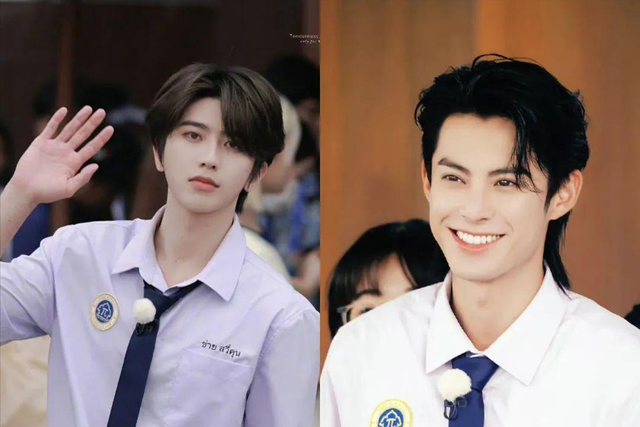
Fans' excessive concern for stars not only brings trouble to the stars' lives but also leads to increasingly fierce friction between different stars' fan groups.

Before the expansion of "fan circle culture," fan groups mostly focused on the stars' works and cheered for them. Frictions between stars were mostly limited to whose work was better, whose acting was better, and whose song was more pleasant.

Now, with the expansion of "fan circle culture," actors appearing in the same work are pulled out for a battle about their roles. The leading male and female roles must compete for status.
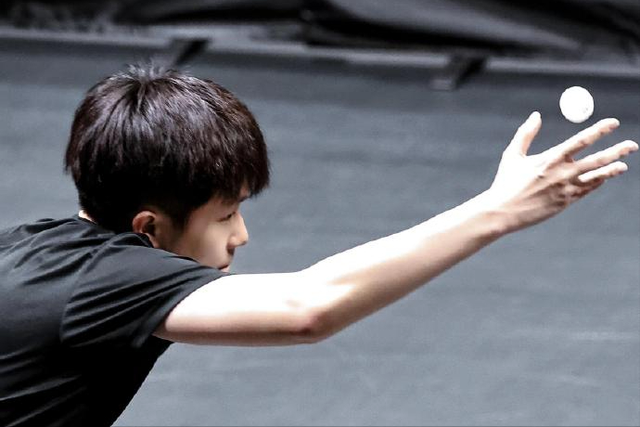
Due to similar personas among stars, fan groups attack another star, and "cyberbullying" intensifies.
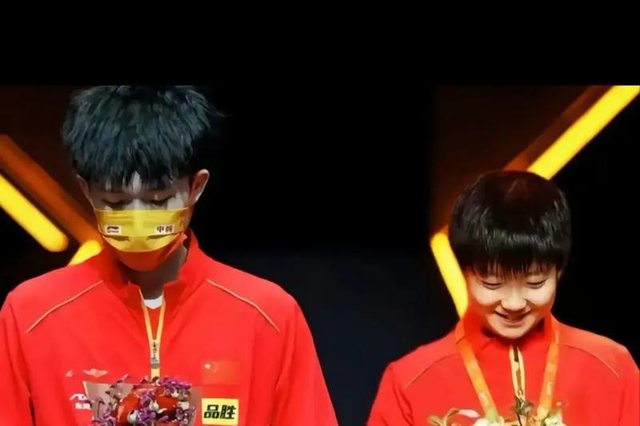
In recent years, with the rapid development of the short video era, information flows more conveniently online, increasing exposure for many niche groups. "Fan circle culture" has extended from the entertainment circle to the internet celebrity circle and even the sports circle.
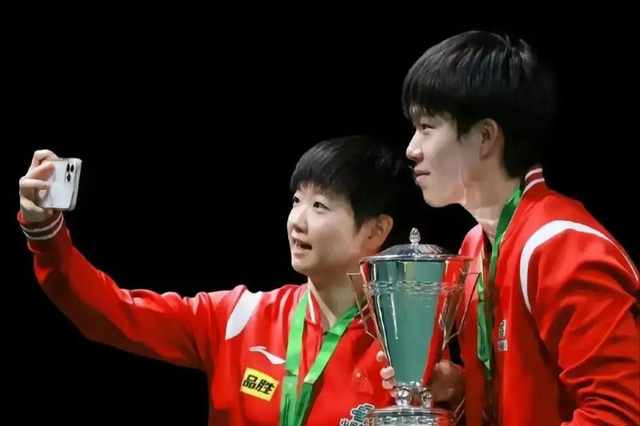
People's nature is to admire strength, and the first to be pursued in the sports world is the national table tennis team. After all, China's table tennis and diving sports have always been unparalleled internationally.
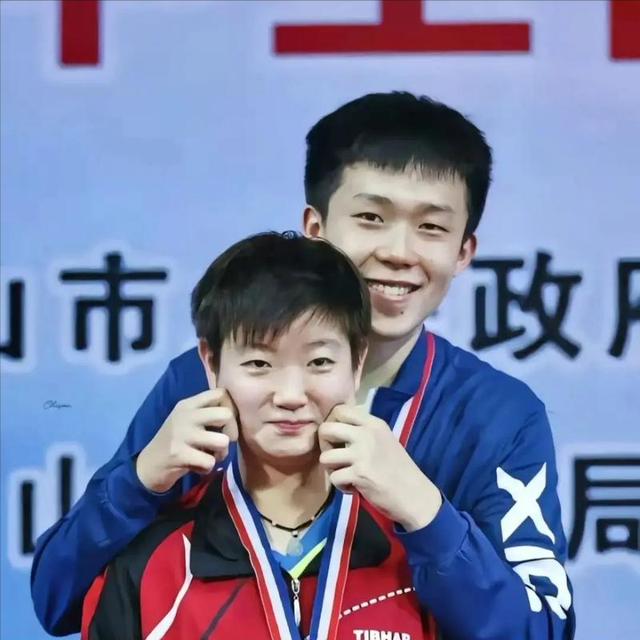
In recent years, the mainstays of the national table tennis team have been two young players, Sun Yingsha and Wang Chuqin. Although both are part of the post-00s generation, they have won many awards internationally, truly holding up a piece of the national table tennis sky.

Sun Yingsha and Wang Chuqin are similar in age, have known each other for many years, and have always been mixed doubles partners.
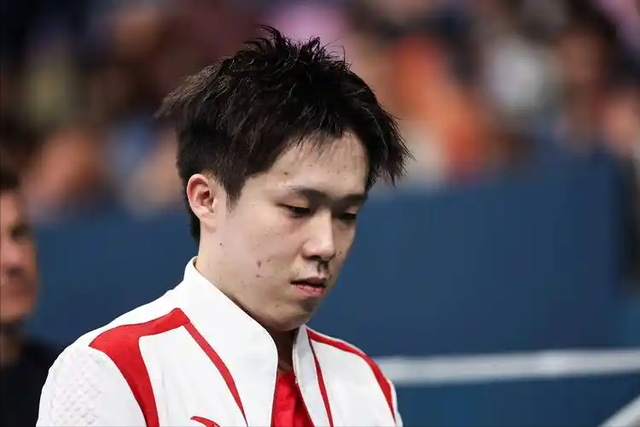
Before the sweep of "fan circle culture," the two were seen as good teammates and默契搭档 by everyone. However, after "fan circle" entered the sports world, those so-called fan groups paired Sun Yingsha and Wang Chuqin and edited many videos with unclear meanings, adopting the entertainment circle approach.
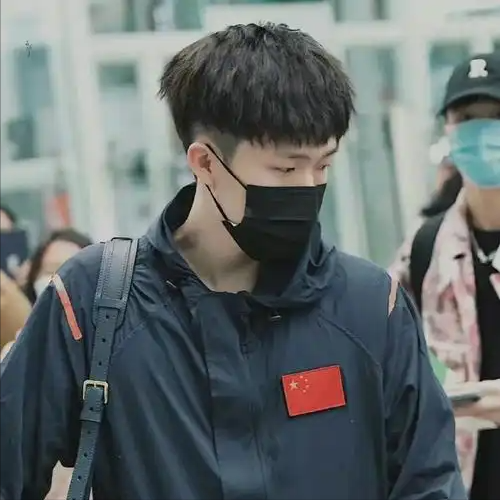
This series of operations by fans led Sun Yingsha and Wang Chuqin to avoid suspicion privately, affecting their normal interactions.
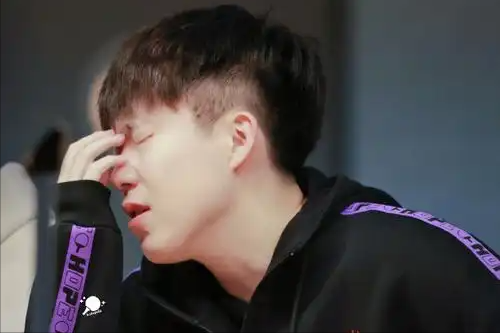
Moreover, fans edited many "personal" videos of athletes to establish personas. Under the efforts of fans, the athletes' fame indeed rose, attracting another batch of "fans" who came for their reputation.
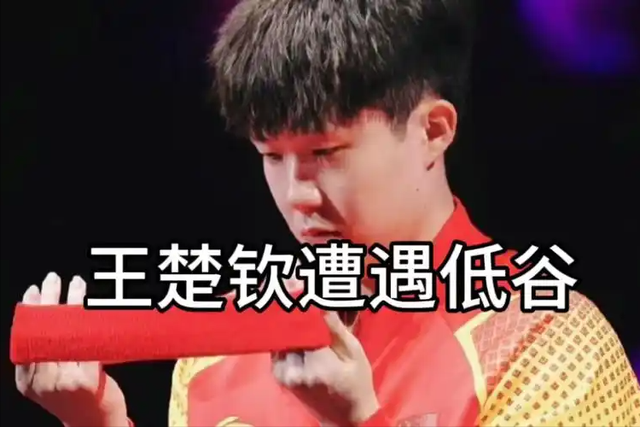
However, this operation greatly reduced the purity of the athlete's fan group. Taking national table tennis player Wang Chuqin as an example.
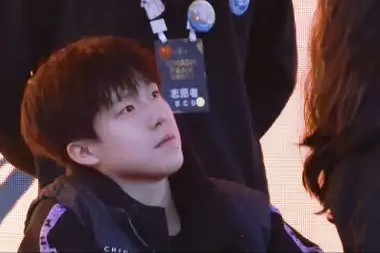
Previously, those who paid attention to athlete Wang Chuqin were lovers of table tennis, supporters, and fans of Wang Chuqin. However, now the "fans" are mostly attracted by the "hardworking, never give up" persona established by old fans, completely separating Wang Chuqin from table tennis.
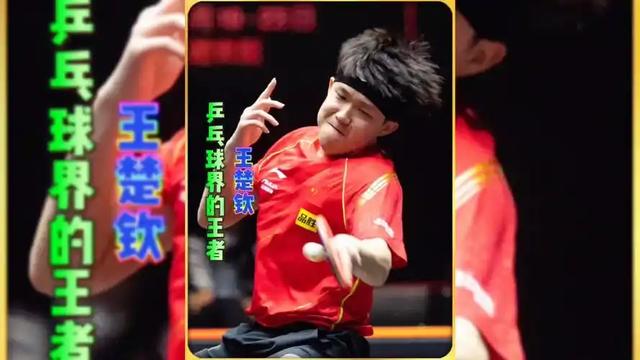
These fans can't even be called fans; they pursue Wang Chuqin just to satisfy their emotional value of admiring strength.
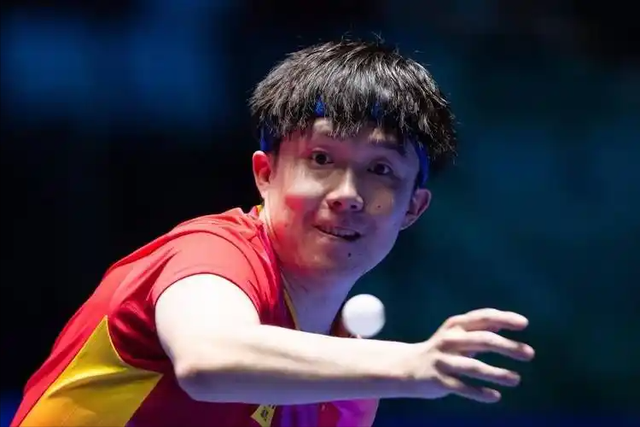
Some so-called fans only like the chemistry between Wang Chuqin and Sun Yingsha and follow both of them at the same time.

Strictly speaking, these fans, besides seriously disrupting the athletes' lives, have not brought any positive energy.
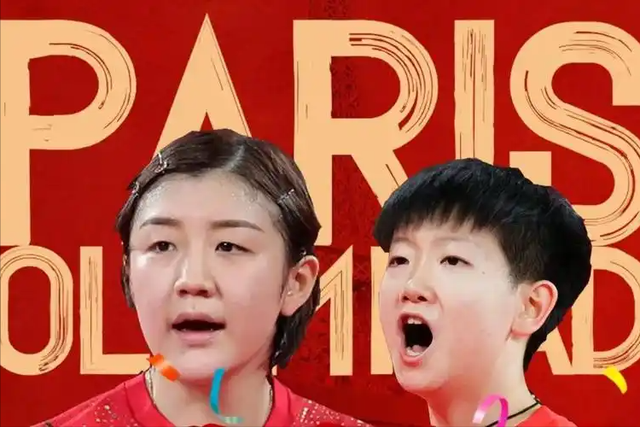
Previously, Wang Chuqin was surrounded and chased by fans at the airport, which not only caused inconvenience to Wang Chuqin's travel but also affected the airport's security.
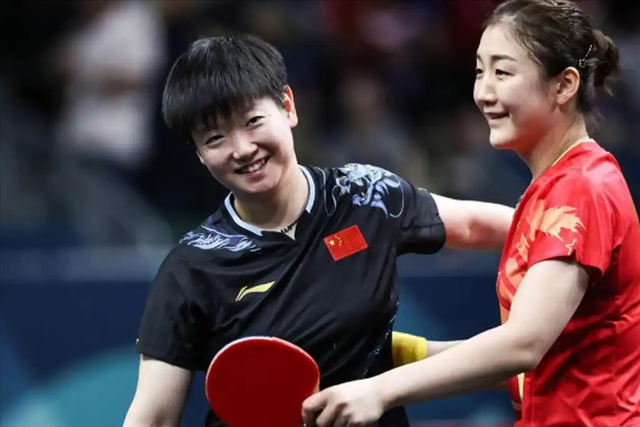
At that time, Wang Chuqin expressed on-site that the fans were too exaggerated and repeatedly urged his fan friends in public places that he did not need too high a profile and only wanted to live an ordinary life.
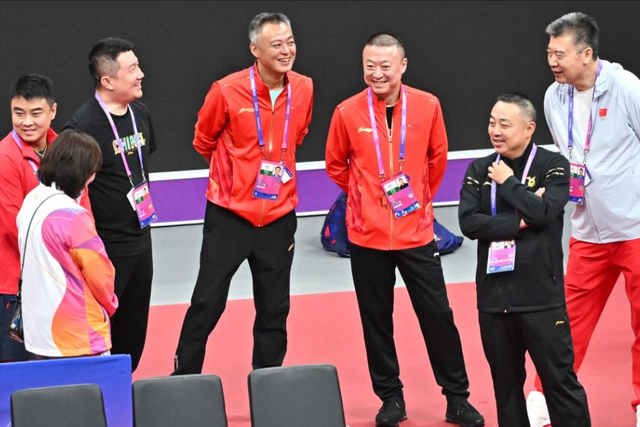
Sometimes facing the strong siege of some fans without boundaries, Wang Chuqin was also very troubled, and it was inevitable that his attitude would sometimes be a bit bad.
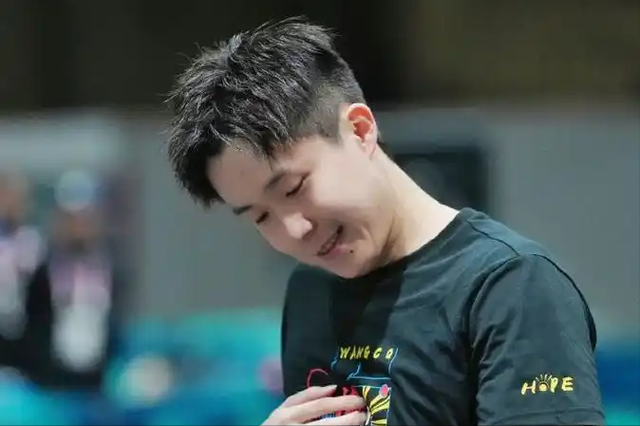
When facing Wang Chuqin with a sharp attitude, those fans who originally "vowed to follow him" would instantly turn into "glass hearts" and begin to slander Wang Chuqin for damaging the identity of a public figure.

After this series of operations, it can be said that the athletes were made to feel uncomfortable inside and out.
Those so-called fan groups demand that athletes, when busy, bear great pressure to win honors, and during leisure, endure the "trouble" of fans to satisfy their emotional value.
The fans' desire for both has caused great trouble for the athletes.
Moreover, athletes are not strictly public figures; they do not rely on fan groups to survive, so naturally, they have no responsibility to satisfy the emotional value of fans.
If those fan groups limit their behavior to blindly chasing stars and entertaining themselves, perhaps the General Administration of Sport would not have acted so quickly to "clean" them.
What the General Administration of Sport cannot tolerate in these "fan circle cultures" is that they only care about their feelings and gains and losses, disregarding national interests.
At the Paris Olympics, Wang Chuqin missed the men's singles final stage due to various reasons and was eliminated in a cold upset.
The onlooker crowd still knows that compared to fans, the biggest regret and trouble for the loss of the game is the athlete themselves.
Some "rival fans" unreasonably denigrate Wang Chuqin on social media platforms, causing a significant impact on the athlete.
In the women's singles final of table tennis, well-known young player Sun Yingsha faced Chen Meng. Both athletes competed with national honor and should have received support from the Chinese crowd.
Unexpectedly, those fan groups sitting in the stands kept shouting Sun Yingsha's name.
Even when Chen Meng scored, there were boos from the stands.
These fan behaviors, regardless of right and wrong and lacking understanding of the overall situation, severely disrupted the pure land of the sports world.
After the General Administration of Sport issued a call, "star athletes" such as Wang Chuqin, Zheng Qinwen, and Pan Zhanle responded one after another, actively dissolving their fan groups.
This approach inevitably aroused dissatisfaction from some fans, as athletes are fundamentally different from stars.
These fan groups were painstakingly managed by some big fans of the athletes, and the athletes themselves were not in the fan groups, neither as group owners nor administrators.
Logically speaking, athletes have no right to dissolve fan groups, so if they want to dissolve them, they must communicate with fans.
"There are many troubles when one becomes famous," this saying is indeed an eternal truth since ancient times.
Among the fans of various athletes, the first to explode with the news of dissolving the fan group was also Wang Chuqin's fans.
At that time, the most voices in Wang Chuqin's fan group were dissatisfied with this decision.
Although some group owners and administrators in the fan group were Wang Chuqin's fans and not those blindly following fans, they were truly the ones who followed Wang Chuqin from adolescence to the present.
Unfortunately, as fans, they cannot cut ties with their idols.
As other athletes' fan groups were dissolved one by one, to avoid unnecessary pressure on Wang Chuqin, the group owners could only choose to dissolve the fan group.
The General Administration of Sport's approach to resisting "fan circle culture" has gained the support of many ordinary people.
Although some fans who genuinely love the athletes feel very sorry for the dissolution of the fan groups, it is reasonable to do so in the face of national affairs.
[Disclaimer]: The processes and pictures described in the article are all sourced from the Internet. This article aims to promote positive social energy without vulgar or improper guidance. If there are copyright or personal infringement issues, please contact us in time, and we will delete the content immediately! If there are any questionable parts of the event, we will delete or make changes after contacting.